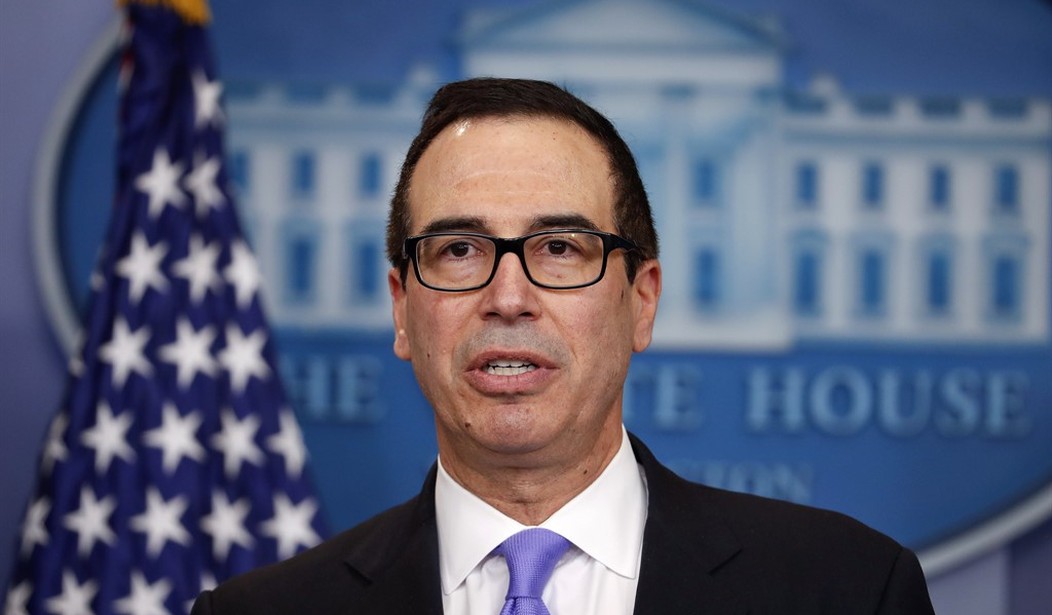Treasury Secretary Steven Mnuchin called on Congress Thursday to raise the federal debt ceiling to prevent a default.
"Honoring the full faith and credit of our outstanding debt is a critical commitment," Mnuchin wrote in a letter to House Speaker Paul Ryan on Thursday. "I encourage Congress to raise the debt limit at the first opportunity so that we can proceed with our joint priorities."
To avoid a default, “extraordinary measures” must be taken, he added.
Mnuchin said that he will employ measures to avoid breaching the borrowing limit once the current suspension of the limit expires on March 16.
Once that happens, Treasury will use a variety of bookkeeping maneuvers to continue to finance government operations, including making interest payments on the national debt. However, the Congressional Budget Office estimated in a report earlier this week that those measures will be exhausted by sometime in the fall.
At the point that Treasury can make no other bookkeeping moves, Congress will have to enact an increase in the borrowing limit to avoid the first-ever default on the government's obligations, an event that would send shock waves through global financial markets. While Congress has often delayed action until the last minute, it has always approved an increase in the debt limit rather than run the risk of a default.
The federal debt was at roughly $19.85 trillion as of Tuesday, according to Treasury data.
























Join the conversation as a VIP Member